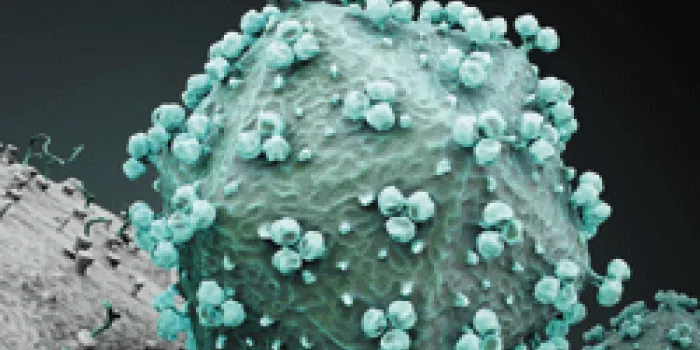When the US Food and Drug Administration (FDA) approved Tivicay® (dolutegravir), a new drug to treat HIV, in August 2013, it gave patients a new option for suppressing the virus. Tivicay is a 50-mg pill recommended for adults and children 12 years old and older in combination with at least two other HIV drugs. It is manufactured by Viiv Healthcare, a company established in 2009 by GlaxoSmithKline and Pfizer.
Tivicay advantages
Tivicay is in a class of HIV drugs called integrase strand transfer inhibitors (INSTIs). “They work by inhibiting integrase, a key enzyme that’s used to integrate the HIV RNA into the HIV DNA,” says Paul Sax, MD, director of the HIV program and the Division of Infectious Diseases at Brigham and Women’s Hospital in Boston and professor of medicine at Harvard Medical School. By blocking HIV from inserting its genetic components into a person’s cells, the virus cannot make more copies of itself, and chronic infection is prevented. The new drug must be taken daily and should never be stopped without consulting one’s physician.
Tivicay is the third INSTI to get the go-ahead from the FDA, following elvitegravir in 2012, approved as part of a quad (four-drug combination) therapy, and raltegravir in 2007. It has a distinctive edge over other INSTIs in that it is well tolerated, can be taken with or without food, and, for some patients, is a once-daily pill. Unlike other INSTIs, it is less likely to cause drug resistance. It also doesn’t require a boosting agent, such as cobicistat or ritonavir, which are used with other HIV medications.
Clinical trial results
During the multicenter international Phase 3 trials of Tivicay, 2,557 adults were tested. In two of the four clinical trials, the drug was given with two different nucleoside reverse transcriptase inhibitors (NRTIs), which block the action of reverse transcriptase, an enzyme HIV needs to reproduce. By combining drugs from different classes, HIV is prevented from mutating and then producing new strains that are resistant to the drugs. The goal of HIV therapy is to decrease a patient’s viral load in the blood to undetectable levels.
The findings that are more relevant for people with hemophilia and HIV come from the SAILING trial of 719 adults, all of whom had failed their current therapy but had never taken an integrase inhibitor. They were divided into two groups. In addition to their background single or combination regimen, one group received 400 mg of raltegravir twice daily; the other received 50 mg of Tivicay once daily. After 24 weeks of treatment, 79% of the subjects in the Tivicay group were virologically suppressed, meaning they had fewer than 50 copies of HIV-1 RNA per cubic milliliter in their bloodstream. This was statistically significant compared with the raltegravir group, in which only 70% were virologically suppressed.
Possible side effects
Overall, patients experienced few side effects from Tivicay in clinical trials. The most common were insomnia and headache. Because dolutegravir can affect liver enzymes, patients with hepatitis B or C are encouraged to have blood tests for liver toxicity prior to and during treatment.
Tivicay is contraindicated for patients who take dofetilide, an anti-arrythmia drug, because it can increase concentrations in the blood, causing life-threatening events.
Safe for patients with hepatitis C
Patients with bleeding disorders who have HIV and hepatitis C most likely will be candidates for Tivicay. “The drug looks very promising for this group because it does not interact with medications that are currently used for treating hepatitis C,” says Sax. “While increased rates of liver toxicity occur with all HIV medications in people with HCV, this drug does not appear to be particularly harmful to the liver.” If you’re interested in taking Tivicay, ask your hematologist or hepatologist if the drug is right for you.

